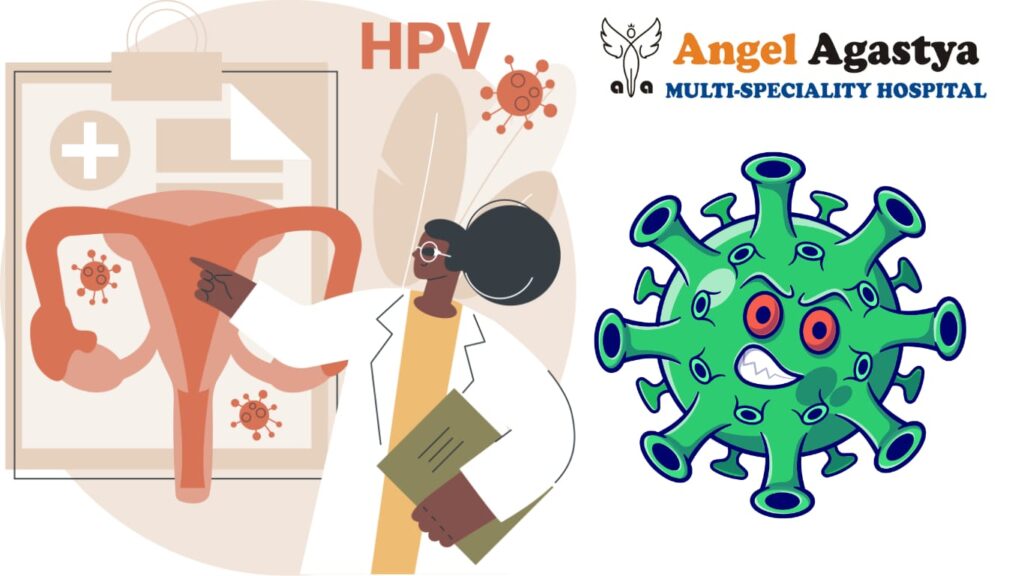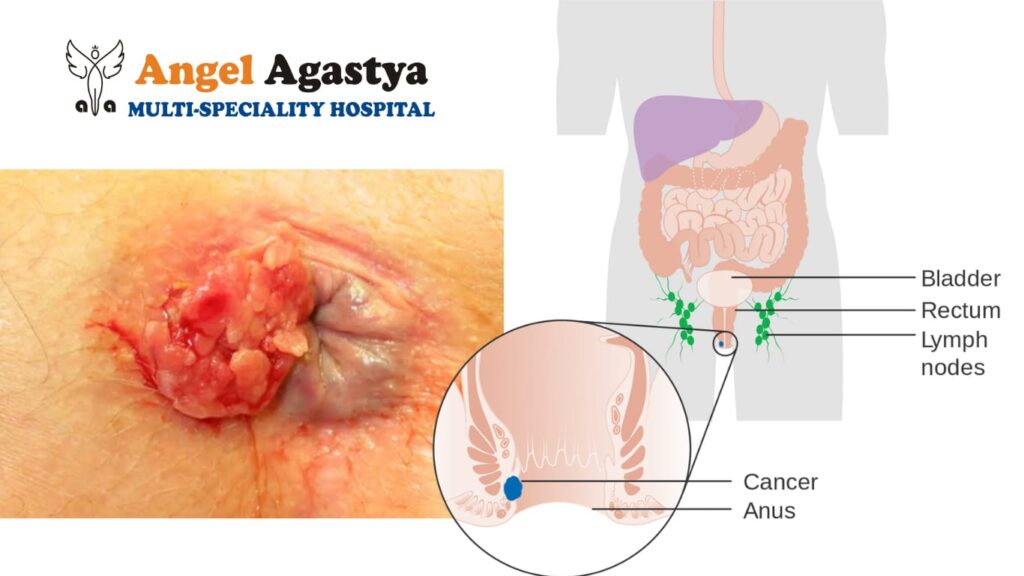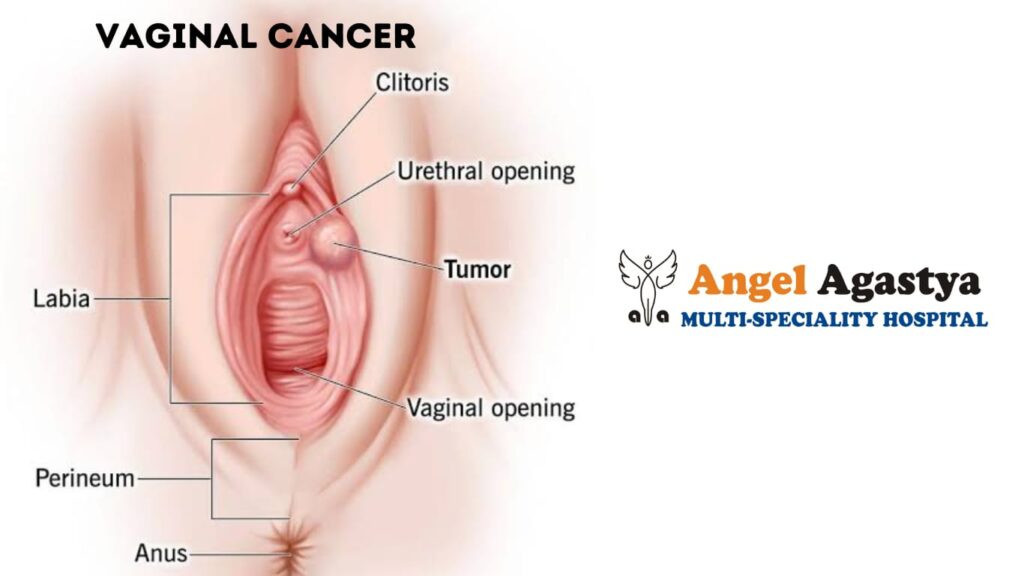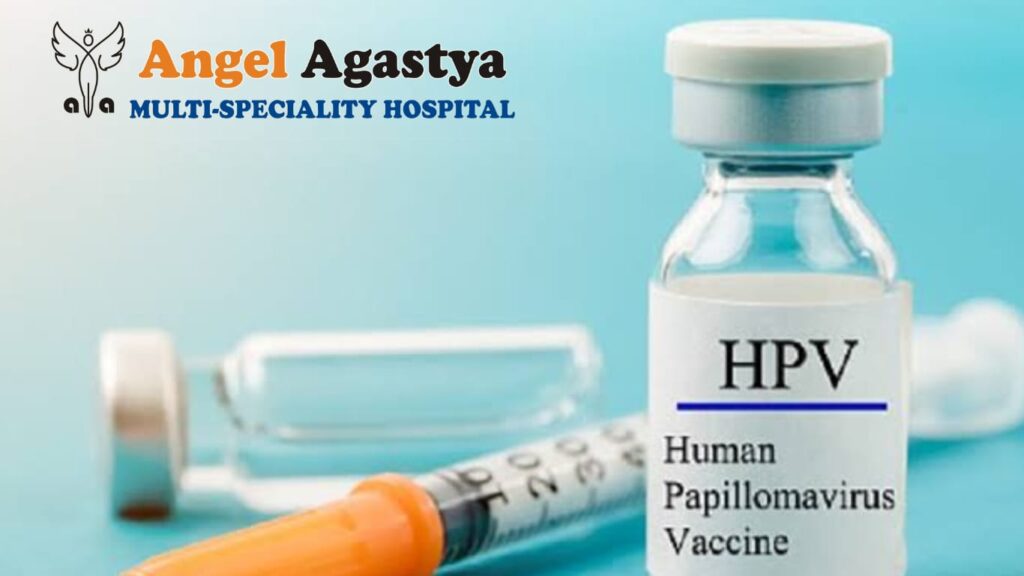Introduction
Welcome to the ultimate guide on HPV vaccination, your shield against cancer! In this blog post, we’ll delve deep into the world of the human papillomavirus (HPV), its association with cancer, and the crucial role of vaccination in safeguarding your health. HPV is a common virus that can lead to various types of cancer, including cervical, anal, penile, vaginal, and oropharyngeal cancer. But fear not, for medical science offers an effective solution –the HPV vaccination. “Let’s dive into this subject together, making sure you have the right information and practical knowledge to move forward.”
“Unveiling HPV: Understanding the Virus”
Before we delve into the benefits of HPV vaccination, it’s essential to understand what the human papillomavirus is and how it can affect our health.
HPV comprises a cluster of viruses infecting the skin and mucous membranes. It’s primarily transmitted through sexual contact, making it one of the most common sexually transmitted infections (STIs) worldwide. With over 100 known types of HPV, some are harmless and cause no symptoms, while others can lead to various health issues, including cancer.

The Link Between HPV and Cancer
HPV and Cervical Cancer: HPV is a leading cause of cervical cancer, affecting millions of women globally. Cervical cancer can be devastating, but it’s preventable through vaccination and regular screenings.

HPV and Anal Cancer: Although less commonly discussed, HPV is also associated with anal cancer. Both men and women are at risk, but vaccination can reduce the chances significantly.

HPV and Penile Cancer: Men are not exempt from the risks of HPV-related cancers. Penile cancer can be a consequence of persistent HPV infection, but vaccination provides a vital defense.

HPV and Vaginal Cancer: HPV can lead to vaginal cancer, posing a significant threat to women’s health. Early detection through regular check-ups and vaccination are crucial in preventing this cancer.

HPV and Oropharyngeal Cancer: Surprisingly, HPV can also cause oropharyngeal (throat) cancer. Vaccination plays a pivotal role in lowering the risks, especially among younger individuals.

Understanding HPV Vaccination
Now that we’ve established the link between HPV and cancer, let’s explore the lifesaving solution – HPV vaccination.
The HPV vaccine works by stimulating the body’s immune system to produce antibodies against specific types of the virus. This, in turn, provides protection against infection and reduces the likelihood of developing HPV-related cancers.
The Recommended HPV Vaccination Schedule

The Recommended HPV Vaccination Schedule
First Dose: The initial dose of the HPV vaccine is typically administered between the ages of 9 and 12.
Second Dose: A follow-up dose is given 6 to 12 months after the first dose.
Third Dose: For maximum protection, a third dose is administered 6 to 12 months after the second dose.
Catch-up Vaccination: Young adults who haven’t been vaccinated can still benefit from the HPV vaccine with a catch-up schedule.
HPV Vaccine Safety and Side Effects
Safety Assurance: The HPV vaccine has undergone extensive testing to ensure its safety and effectiveness.
Common Side Effects: Mild side effects such as soreness at the injection site, headache, or fever may occur, but they are temporary and mild compared to the potential risks of HPV-related cancers.

Rare but Serious Side Effects: In rare cases, individuals may experience severe allergic reactions, but these are extremely uncommon.
Addressing Misconceptions About HPV Vaccination
Myth 1 : Only Women Need the Vaccine: HPV vaccination is essential for both males and females to protect against various cancers.
Myth 2 : The Vaccine is Only Effective for Cervical Cancer: The HPV vaccine provides protection against several other cancers, as mentioned earlier.
Myth 3 : I’m Too Old for the Vaccine: Catch-up vaccination is available for young adults who missed the recommended age window.
Myth 4 : HPV vaccination is expensive
Many countries offer HPV vaccination as part of routine immunization programs or at reduced costs. Additionally, the long-term benefits of preventing HPV-related health issues outweigh the initial investment.
Myth 5 : HPV vaccination is only effective for young individuals
While the vaccine is most effective when administered at a younger age, it can still offer protection to individuals who have had limited sexual activity or exposure to HPV.
Myth 6 : One dose of the vaccine is sufficient
To ensure optimal protection, individuals should complete the recommended dosage schedule for HPV vaccination. The standard series consists of two or three doses, depending on the age of the recipient.
Myth 7 : Natural immunity is enough protection against HPV
Relying on natural immunity to HPV is risky, as it may not be enough to protect against all HPV strains. The vaccine provides targeted protection and significantly reduces the risk of infection and associated health problems.
FAQs (Frequently Asked Questions)
Is HPV vaccination safe for all age groups?
Yes, HPV vaccination is safe for adolescents and young adults within the recommended age groups. It is also safe for catch-up vaccination in older individuals.
To what extent does the HPV vaccine prevent cancer?
The HPV vaccine is highly effective in preventing infections with targeted HPV types, reducing the risk of developing related cancers.
Are there any long-term effects of HPV vaccination?
Extensive studies have shown that the HPV vaccine is safe and has no long-term adverse effects.
Is it possible to get the HPV vaccine if I’m already sexually active?
No worries, even if you’re already sexually active, you can still get the HPV vaccine. It’s a smart move to protect yourself from potential infections and stay healthy.
Conclusion
HPV vaccination is a powerful shield against cancer, offering protection from various HPV-related cancers that can significantly impact lives. By understanding the link between HPV and cancer and the benefits of vaccination, you can make informed decisions about your health and the health of your loved ones. Remember, prevention is always better than cure, and the HPV vaccine is a crucial step towards a healthier future.
So, take the initiative, get vaccinated, and share this vital information with others. together, we can make the world healthier and free from the things that make life difficult.”


Very nice information about such dreadful cancers, short and precise, demystifying the common myths and giving apt information about HPV vaccine, will definitely get this jabs and would love to inform my family members ,near and dear ones through this blofythanku dr akash n team of Angel agastya hospital
This is such a useful information. 1st time in my life i get to know that even cervical can cause cancer. cervical is very common nowadays and i will surely consult about this with dr kalpana and thank you so much for giving apt information about this in one place.
Wow….Very well explained
We have only heard that hpv can leads to cervical cancer only, but there are several types of cancer cause by human papillomavirus .
Thanks Angel Agastya Hospital for this amazing information.
As I have checked on Google this injection rates are around 3200 , Can you pls confirm what are the charges of this vaccine at your place ? And do you have any offer at this time ?
Kya censor ka Tika aaya hai please give me information. thanks.
Pingback: Is HPV Vaccination Right for You? 7 Key Questions Answered
Impressive posts! My blog Webemail24 about Data Mining also has a lot of exclusive content I created myself, I am sure you won’t leave empty-handed if you drop by my page.
thanks